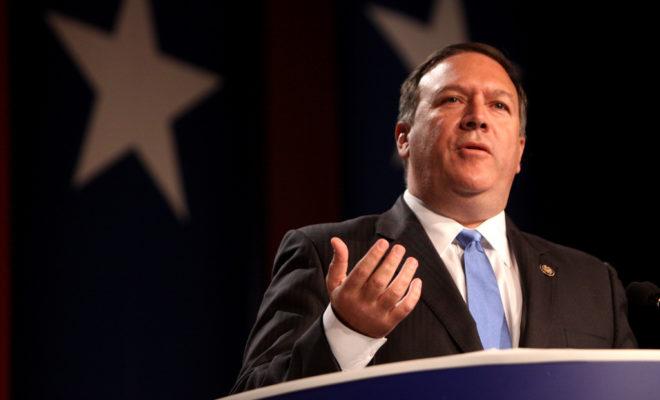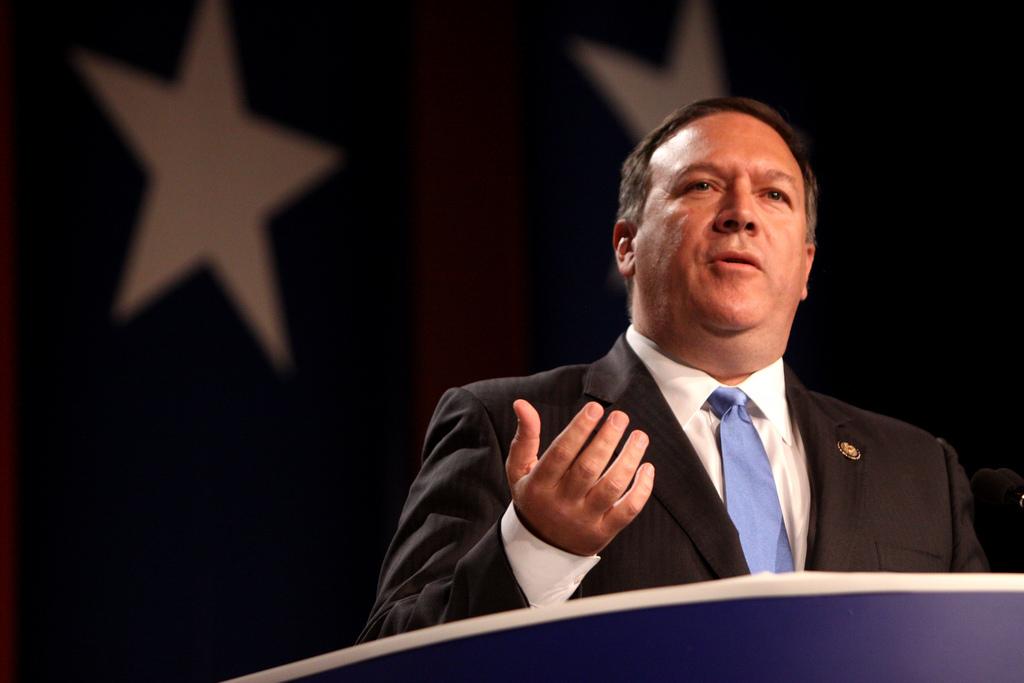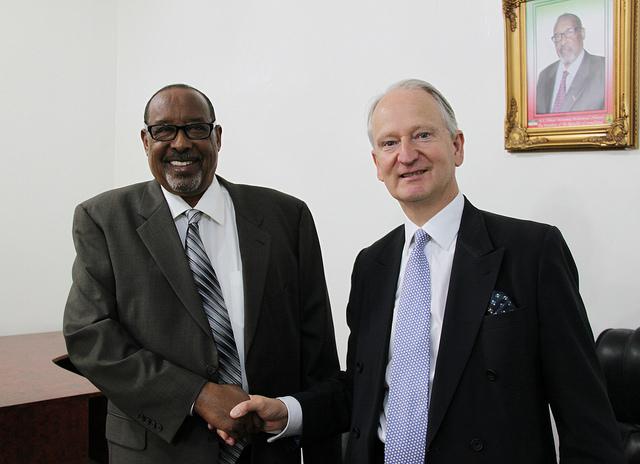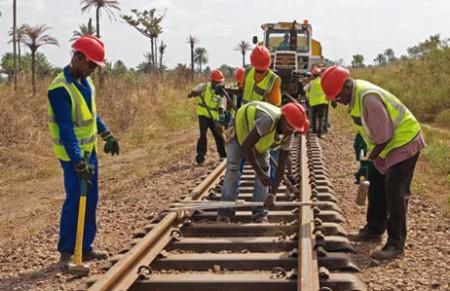Tillerson didn’t do much for Africa. Pompeo could well be worse.

An enhanced America First security-first approach under Pompeo will not be good for Africa.

Mike Pompeo has been named as Rex Tillerson’s successor as US Secretary of State. Credit: Gage Skidmore.
When it comes to Africa, don’t expect much from the changes taking place at the US State Department. The White House is not interested in Africa.
The Trump Administration has not made Africa a priority and the White House has failed to set out a comprehensive strategy or introduce any new policy initiatives regarding the continent.
The appointment of CIA Director Michael Pompeo to replace former Secretary of State Rex Tillerson will not lead to an uptick in interest or engagement.
If anything, this change will reinforce America’s focus on security and counter-terrorism. This emphasis could end up taking US policy further backwards. It could align the US with increasingly corrupt and autocratic governments. It could ensnare Washington in longstanding conflicts that cannot be won by military means alone. And it could undercut US influence and integrity more broadly on the continent.
The abrupt dismissal of Tillerson following his abridged five-nation trip to Africa is not good news. Although his ouster had nothing to do with the continent, he was probably the only cabinet official with any interest or prior experience in Africa. His departure underscores the senior level policy void. Even now, key Africa posts in the State Department remain unfilled, including that of Assistant Secretary of State for African Affairs.
Pompeo’s nomination to replace Tillerson is probably bad news for those who want to see the US energise its engagement and lay out a comprehensive set of policies and programmes regarding Africa’s economic, social, health and trade challenges. It is probably good news for all those who believe America’s priority in Africa should be to expand security alliances to combat threats in Somalia, the Sahel and the Lake Chad Basin.
A West Point graduate and hawkish conservative, Pompeo’s limited comments about Africa have focused on Libya and counter terrorism. As a member of the House of Representatives Intelligence Committee, he was strongly critical of former Secretary of State Hillary Clinton’s handling of the attack on the US Consulate in Benghazi, Libya and the tragic death of Ambassador Chris Stevens.
On security issues across the continent, Pompeo has said “there’s a big counter-terrorism threat there” and claimed the US can do more. Although he has supported food aid for countries in need, his first priority is likely to be bolstering security collaboration with states participating in the African Union’s military operations in Somalia as well as countries in the Sahel and Lake Chad region fighting Boko Haram and al-Qaeda in the Islamic Maghreb (AQIM).
If Pompeo pursues this security first agenda, he will continue a short-sighted approach that devalues many of America’s programmes that prioritise economic development, good governance and rule of law. The emphasis on security will give the appearance of militarising the US’ role in Africa. It will diminish America’s influence and create a larger political, economic and development void for other countries to fill. Armed conflict and counter-terrorism are not at the top of the agenda for most of the 49 states in sub-Saharan Africa.
Pompeo’s strong support for Trump’s “America First” approach does not auger well for Africa either. The US president’s global agenda runs counter to many of the bipartisan policies and programmes that have anchored American policy in Africa for the past 25 years.
Although the administration professes to support many of the policies put in place by Presidents George W. Bush and Barack Obama, its actions often move in a different direction.
The administration’s proposed 30% cut to USAID’s budget, for example, will have a heavy and disproportionate impact on activities in Africa. Its draconian re-imposition of the Mexico City rule, which bars US funding to groups that provide information on family planning, stops money going to many organisations and programmes that provide anti-retroviral treatments under PEPFAR, President Bush’s widely praised HIV/AIDS prevention programme. Meanwhile, the US withdrawal from the Paris Climate Change Agreement will end its $3 billion contribution to the Green Climate (Change) Fund, a move that will particularly hurt Africa, the continent most vulnerable to climate change.
The administration’s spending decisions have already reduced the size of the Young African Leaders Initiative, spending on democracy and governance efforts, and programmes that support expanded trade and commercial activities. The Trump administration’s actions are already having a negative impact across the continent.
The appointment of an Assistant Secretary of State for African Affairs might be able to stabilise the US’ Africa policies, slow down some of the more negative decisions being made, and begin to put into place a more comprehensive and forward-looking framework. However, Pompeo’s Senate confirmation will probably slow down the appointment of a new Africa Secretary as well as the appointment of new ambassadors for critical posts in the likes of South Africa, Tanzania and Somalia.
It was widely rumoured that a respected former diplomat, Tibor Nagy, would be nominated shortly for the top Africa position in the State Department. But that nomination will probably not move forward in advance of Pompeo’s confirmation. Those hearings are not scheduled until early-April and the process could drag on for several months.
Africa has not been well served by the Trump administration, and prospects are not good that things will change soon. As Africa policy languishes and important bipartisan programmes wither, the administration will probably at some point dispatch Pompeo to the continent to talk up the American security agenda. Perhaps even presidential adviser and daughter Ivanka Trump will be sent as a token reflection of White House interest, but these visits would only be putting a glossy face on what is pretty gloomy policy.







comrades we are not working in our best interest if we are expecting them to do anything for Africa instead our focus should be at business of maximizing our gains from goods we sell world. This include natural resources. In short Buntu Africa is moving to Perpetual World Class Modern Living thus, will be competitor to western civilization unlikely to receive welfare assistance but may receive assistance when we duly pay.
Do not be stupid. Turn your collective focus to development of Perpetual World Class Modern Living throughout Buntu Africa.
Very much sincere,
Henry Author(people of books)Price Jr. aka Obediah Buntu IL-Khan aka Kankan aka Gue.